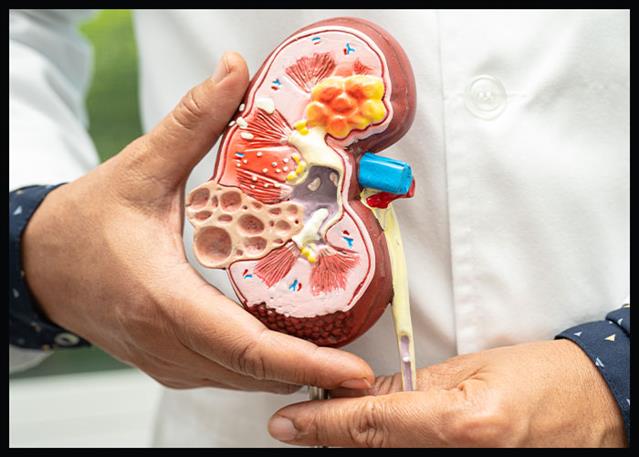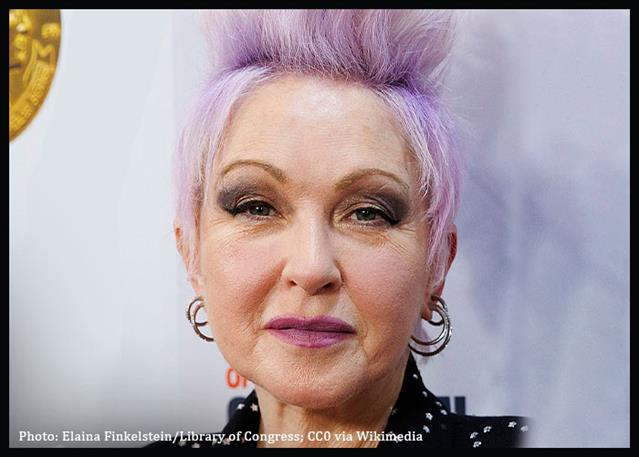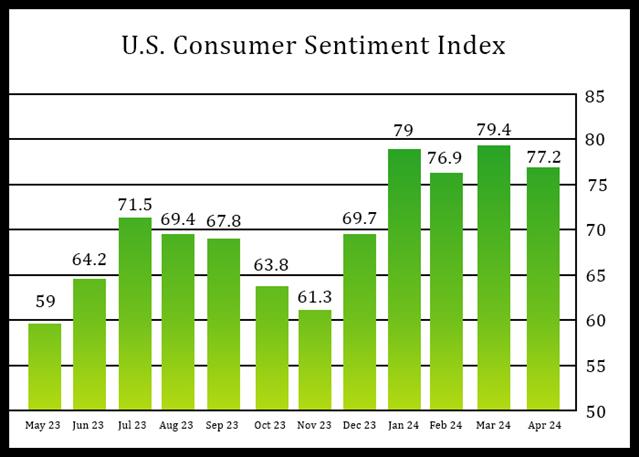
A group of experts along with nephrology societies published an international consensus statement in the journal Nature, highlighting the need for critical policy, advocacy and implementation of programs to alleviate kidney disease.
The statement titled “Chronic Kidney Disease and the Global Public Health Agenda: An International Consensus” discussed about the challenges presented by chronic kidney disease or CKD, and acute kidney injury or AKI to people especially from low and middle income countries.
“In contrast to cardiovascular disease, stroke, and respiratory disease, chronic kidney disease mortality rates have been on a troubling rise. Presently, kidney disease stands as the third fastest-growing cause of death worldwide, with deaths attributable to kidney disease surged by 50 percent from 2000 to 2019,” warned Masaomi Nangaku, president of the International Society of Nephrology.
The World Bank noted that a large number of people suffer from catastrophic healthcare expenses every year due to CKD, and more than one million people with AKI succumb to death due to lack of timely diagnosis and treatment.
“This consensus statement marks a significant first step in recognizing the impact kidney diseases have on more than 850,000,000 people globally and the need to eliminate disparities in kidney health and achieve equity in kidney care for people from all walks of life. I believe that the World Health Organization or WHO, and governments worldwide will rise to meet this call to action,” said Deidra Crews, president of the American Society of Nephrology.
The international consensus statement shared several recommendations to beat growing kidney disease cases, such as improved access to care, better awareness and prevention strategies, development of care models, increased funding for research and development, international cooperation and coordination, and greater engagement with patient communities.
“Kidney disease is under-recognized and under-resourced. Recognizing the silent yet pervasive impact of kidney disease as a leading driver of NCDs, our three societies can mobilize joint efforts to save lives and enhance health outcomes globally. Through collaborative efforts, we can amplify awareness, allocate resources, and prioritize global kidney health in our pursuit of a healthier, more equitable future for all,” concluded Christoph Wanner, president of the European Renal Association.
Copyright © 2024, RTTNews.com, Inc. All Rights Reserved.















